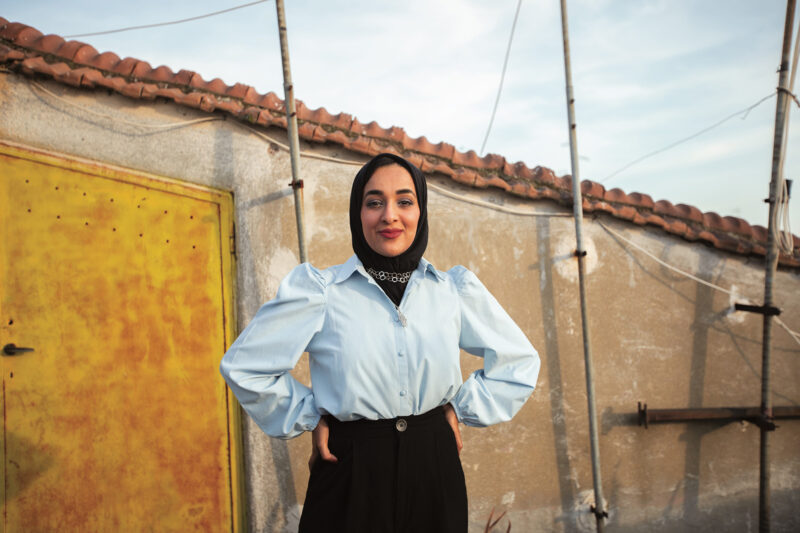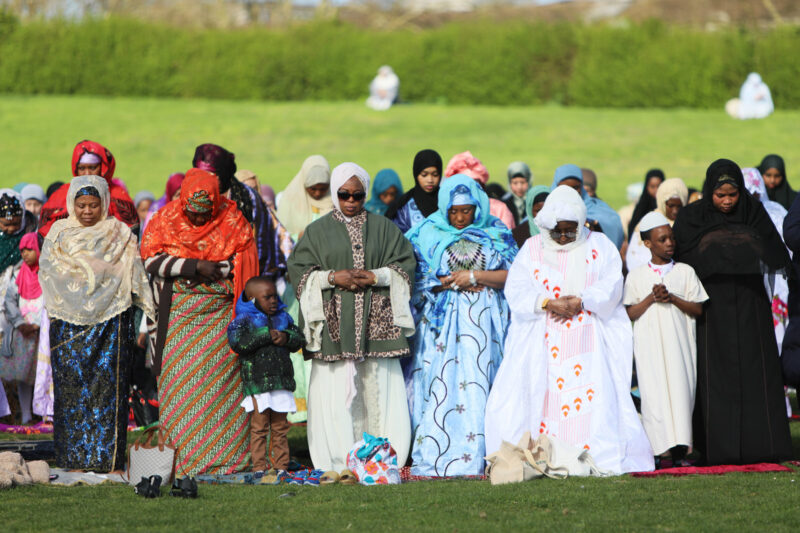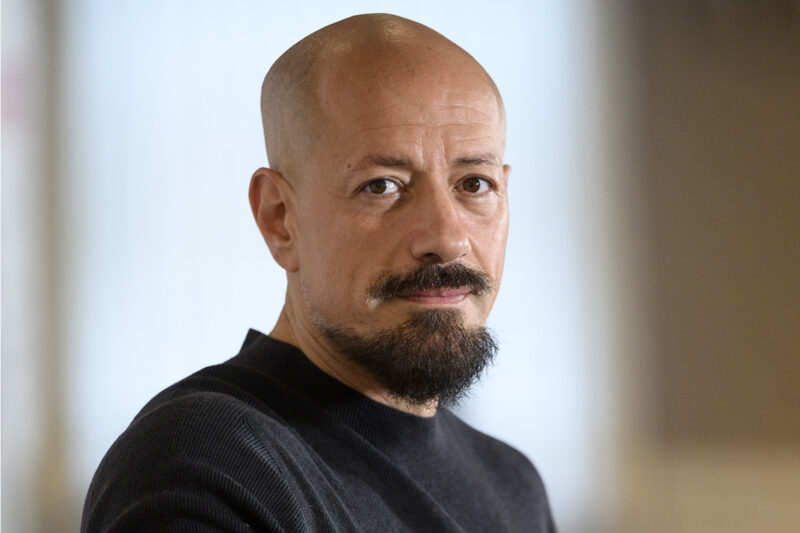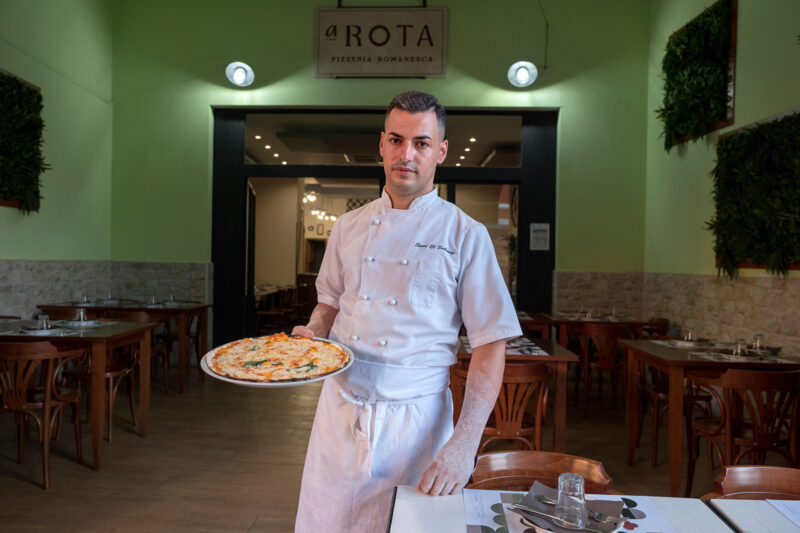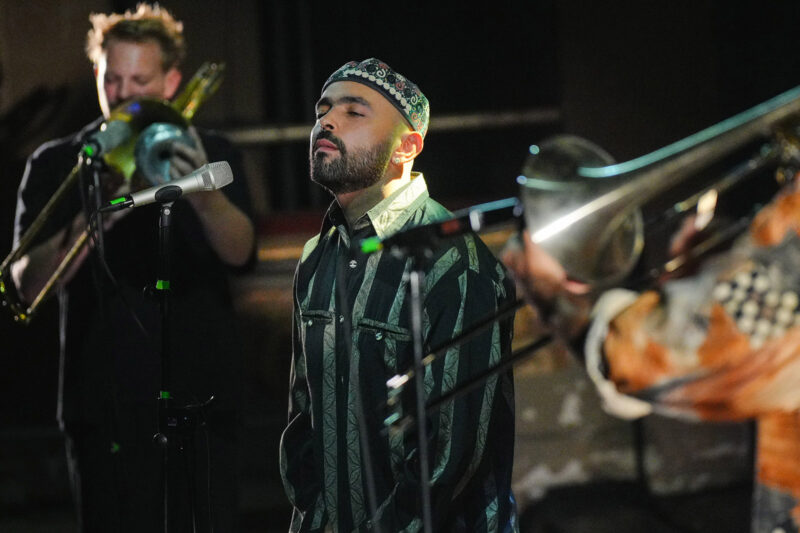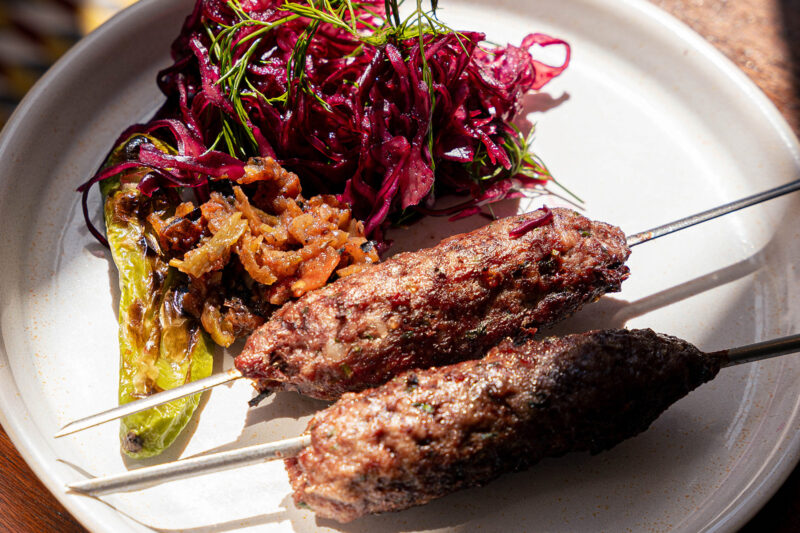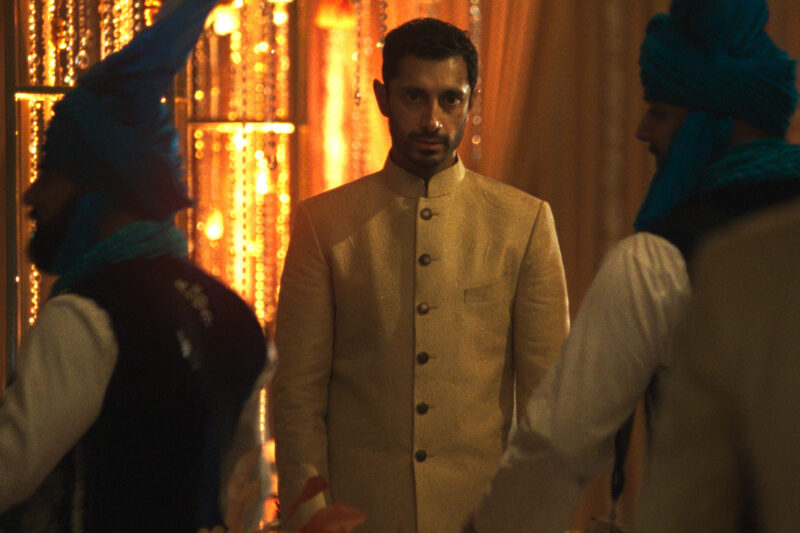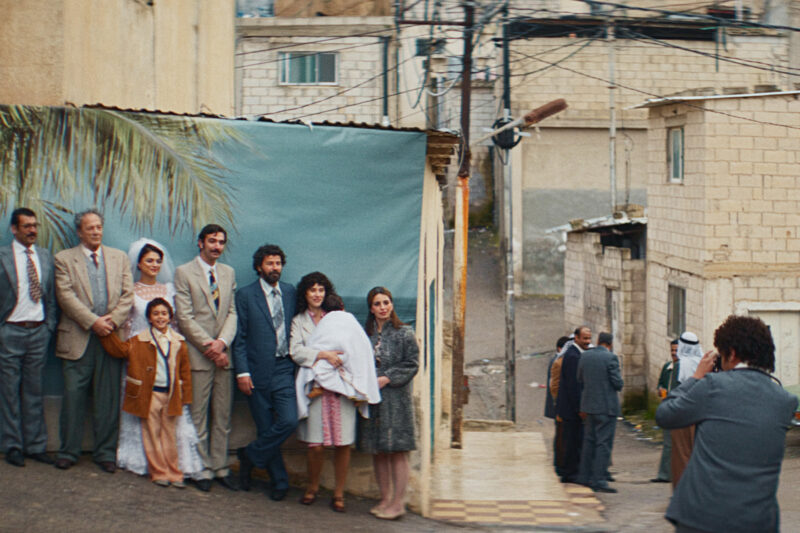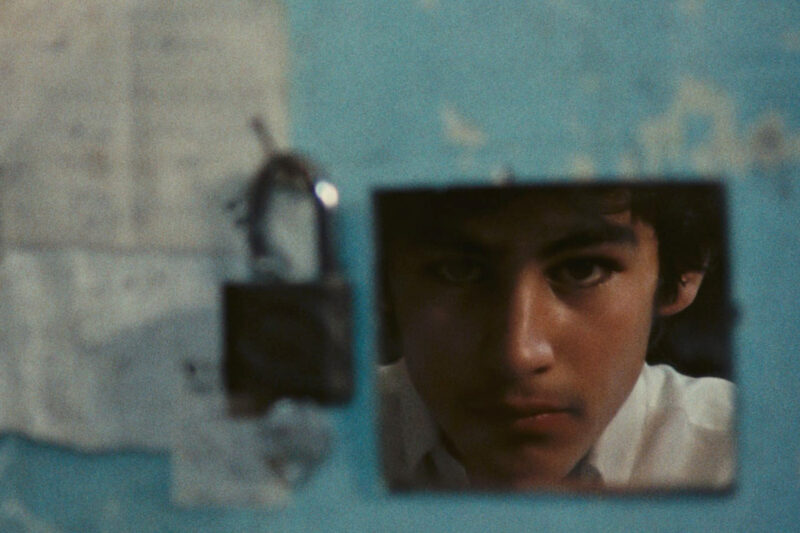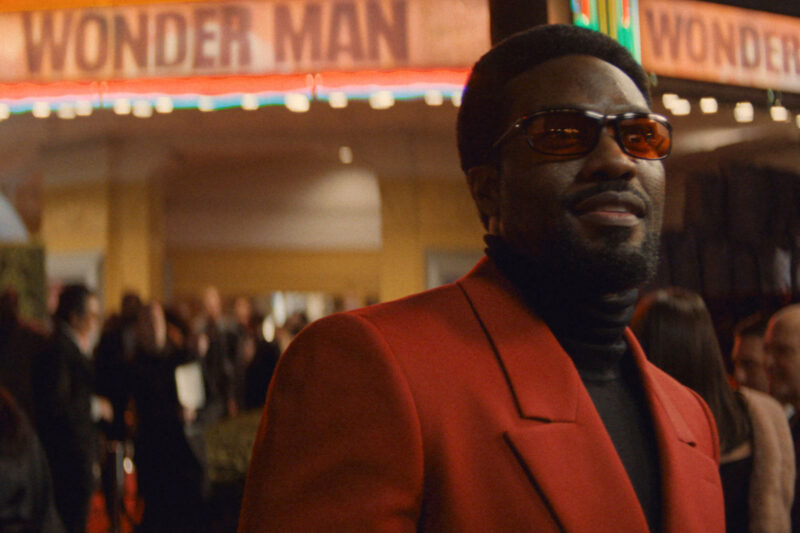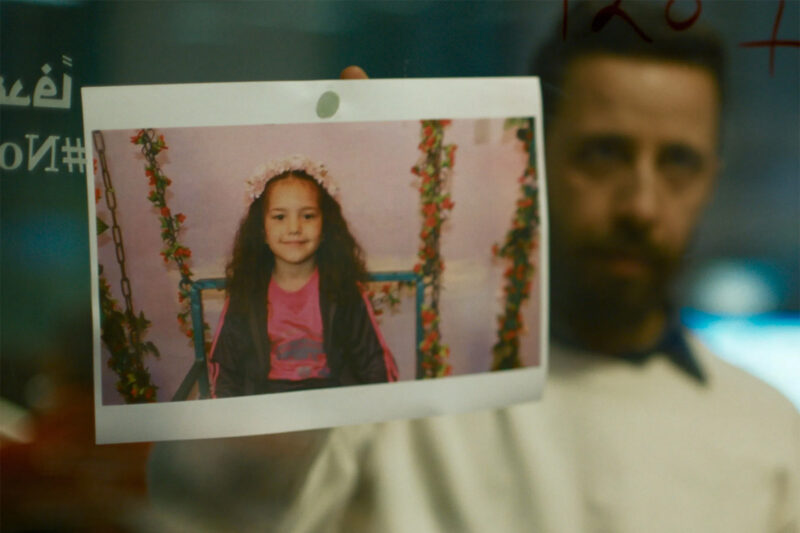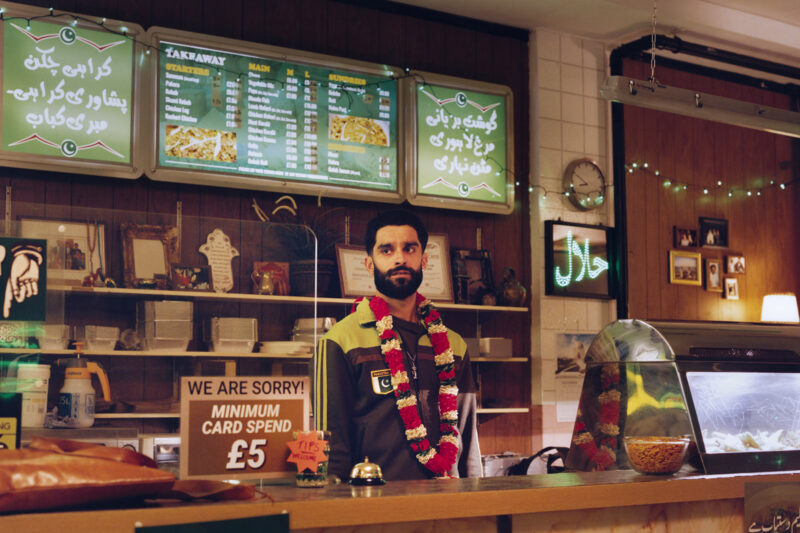Venice film festival: a slim but exceptional selection of films from the Swana region
Our film critic reflects on her top picks by Muslim film-makers who screened their work at the 81st festival in Italy
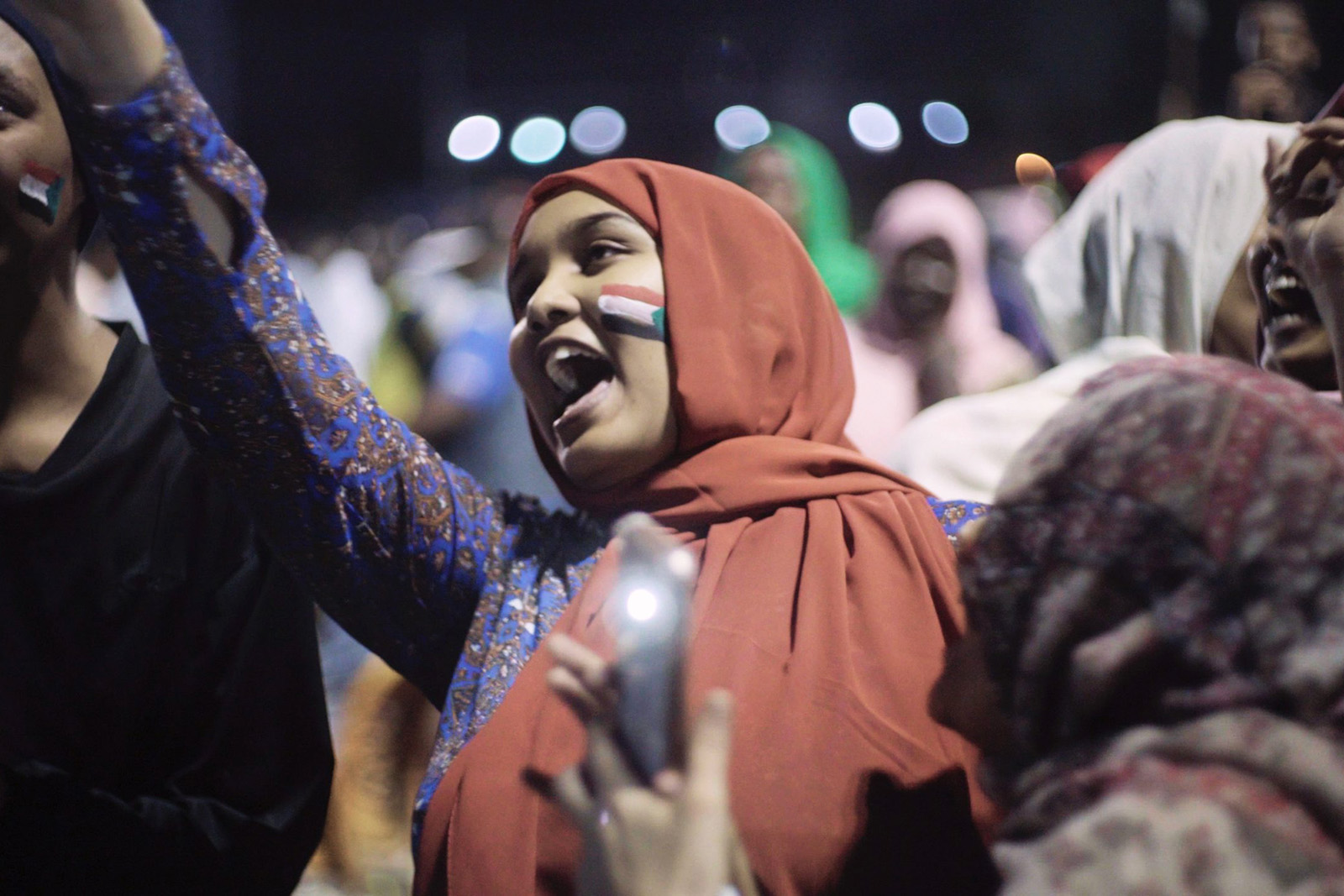
Aside from the dash to catch the waterbus to get to the first screening on time, the most tense moment at the Venice film festival typically comes a few weeks prior, when the long-standing event director Alberto Barbera announces the selected films. Almost every year there is a minor uproar, from problematic directors to highly anticipated films not appearing. And as a festival founded by fascists — the Vopli cup awarded to the best actors is named after a leading figure in Benito Mussolini’s National Fascist Party — the spectre of meaningful inclusion looms large.
As one of the few critics of colour there, it can be an unsettling experience. But our presence has grown over the past five years I’ve attended.
In spite of much work needing to be done to create a truly egalitarian festival, I’ve been able to curate a phenomenal slate from Venice’s offerings, highlighting work from Muslim film-makers and from the south-west Asia and north Africa (Swana) region. I saw Sudan’s award-winning coming-of-age tale You Will Die at Twenty, and the tragic story of Palestinian occupation in Mohamed Diab’s Amira. There was Selman Nacar’s Turkish bureaucracy thriller Hesitation Wound, and an Iranian twisted look at blindness in Vahid Jalilvand’s Beyond the Wall, to name but an exceptional few.
This year, the selection of films from the Swana region was a little on the slim side, but the festival clearly prized quality over quantity.
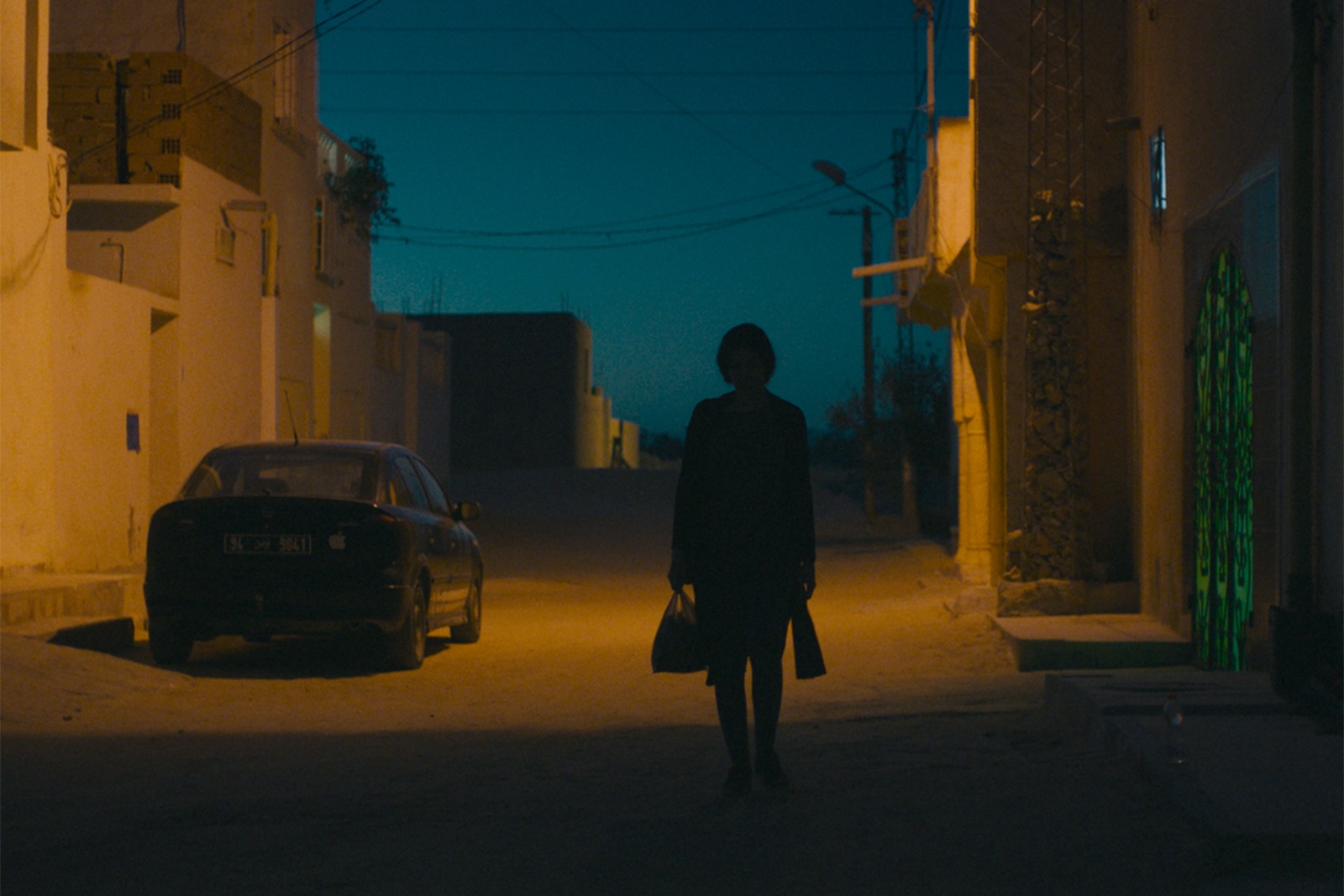
Tunisian Mehdi M Barsaoui’s latest film stars Fatma Sfar as the titular Aïcha, a young working-class woman who decides to upturn her life in a remote village to try and make it in the sprawling metropolis of Tunis. It’s a complex piece, one that interweaves the protagonist’s multiple shifts in identity after she uses a tragic traffic accident to fake her own death and escape an impending marriage. But life in the big city proves just as dangerous, filled with threats that the naive young woman has no way of protecting herself from. It’s an elegantly composed piece whose melodramatic premise, based on a true story, never ventures into hysteria. Instead, the tragedy gently unspools, leaving the entire audience on the lido quietly devastated as the credits rolled.
A film with more warmth and optimism came through Egyptian director Khaled Mansour’s Seeking Haven for Mr Rambo. Set in Cairo, a young man called Hassan lives with his mother and dog Rambo, but their homelife is upended when their cruel landlord Karem threatens to evict them, leading to a confrontation where the lively pup defends his owner with a swift bite to Karem’s most sensitive area, publicly humiliating him. It is then down to Hassan to guarantee his dog’s safety, journeying across Cairo in a quest to seek the haven the title alludes to. It is, simply, a lovely film, one that uncovers many of the difficulties of working-class life in Cairo, a city so vast that it’s easy to become both physically and existentially lost within it. Seeking Haven offers a warm nugget of joy within its urban sprawl, and a striking look at grasping the chance to love and be loved.
While the potential for human kindness can be found in even the most desperate situations, the final film I saw from a Muslim documentary maker was a particularly difficult watch for me. Sudan, Remember Us captures the tragedy currently unfolding in my homeland, opening with frantic messages exchanged between director Hind Meddeb and her subject as the violent war begins in April 2023. The director journeys back to 2019, when the country’s future seemed bright following the popular revolution that saw its dictator Omar al-Bashir toppled. Sudan, Remember Us looks at both the artistic, feminist and socialist influences on the revolution and how after Bashir’s regime spent decades feeling impermeable, the collective will of a young and engaged population achieved the seemingly impossible.
I remember the events Meddeb depicts like it was yesterday. I made a programme for the BBC World Service in 2022 about how this period could create a potential renaissance for the arts in Sudan. Instead, what’s happening today has been labelled “the forgotten war” (hence Meddeb film’s title) and everyone I interviewed in 2022 now lives in exile. Despite being a powerful account of a tumultuous few years for the war-torn region, the optimism on display in much of Sudan, Remember Us feels cruelly naive now, and the brutality currently happening in Sudan all the more obscene.
It would be impossible to cover all of the impressive films by Muslim film-makers and those from the Swana region across a hectic festival. There was also Lebanese thriller In This Darkness I See You, Somalian immigrant tale Aisha Can’t Fly Away, and Egypt’s Perfumed with Mint. But I took comfort in knowing that Venice is a place where some truly wonderful work from my community can have a moment of glory in the Italian sunshine.
 Newsletter
Newsletter


